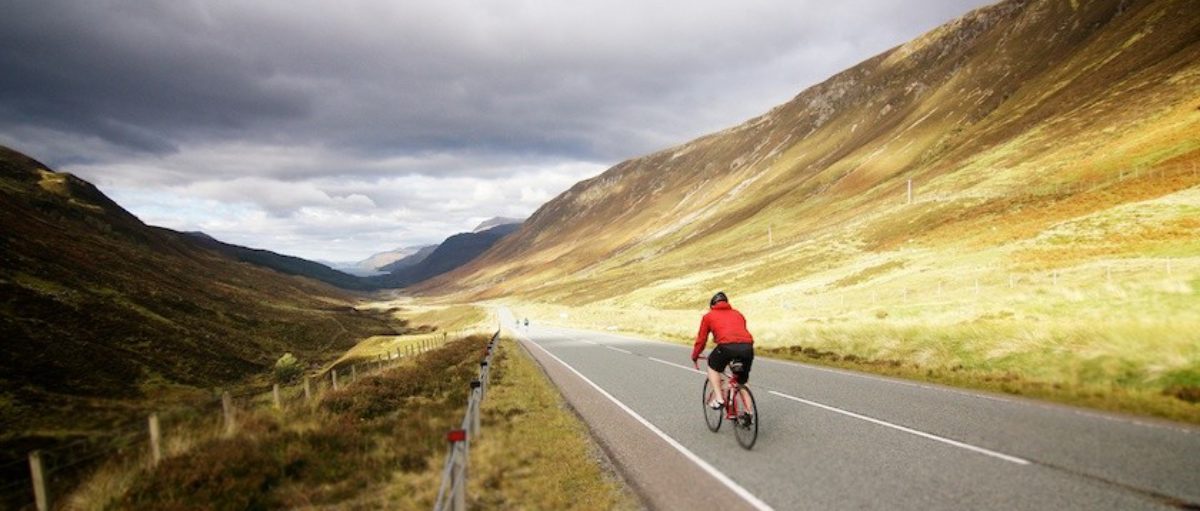Day 15 – Humbug Mountain State Park – 94 km
 Today’s ride offered the most consistently wide shoulders we’ve seen so far. It appears Oregon is dedicated to improving conditions and safety for touring cyclists. We’ve seen a lot of recent roadway/shoulder improvements. The whole coast highway is designated the Oregon Coast Cycle Route, all tunnels and many bridges have lights you activate to let drivers know you’re in/on that structure, and the state park system fully supports cyclists with dedicated campsites and free showers. It’s very impressive.
Today’s ride offered the most consistently wide shoulders we’ve seen so far. It appears Oregon is dedicated to improving conditions and safety for touring cyclists. We’ve seen a lot of recent roadway/shoulder improvements. The whole coast highway is designated the Oregon Coast Cycle Route, all tunnels and many bridges have lights you activate to let drivers know you’re in/on that structure, and the state park system fully supports cyclists with dedicated campsites and free showers. It’s very impressive.

As for Oregonians, it’s a study in contrasts. We’ve ridden through some dumpy little coastal towns and have encountered lots of yahoo types in the latest camo designs – Trump supporters all, without a doubt. But it’s also a progressive state, with legalized pot and assisted death policies. The state parks are excellent, well used and ubiquitous on the coast. There’s no sales tax because, as one store owner told me, they vote them down every time. Oregonians hate taxes. The same guy told me that among all states, Oregon has the lowest rate of high school graduation among white kids entering grade nine, i.e. the group you’d expect most likely to complete high school. Apparently nobody has a good answer for why this is so.

Battle Rock Park is located outside of Port Orford, the oldest settlement on the Oregon coast. It’s very scenic. The sign board says in 1851 it was the spot where nine settlers landed with the idea of settling down. However, they weren’t welcomed by the locals and had to hide out on Battle Rock until they could make their escape. They returned later with 70 well-armed friends and forced the issue. There is no mention of what the local native people thought about this or, for that matter, suffered by way of battle. After all, the site is called Battle Rock. It commemorates the heroism of Oregon’s white settlers, and it’s not the first of such we’ve seen. All generally celebrating the arrival of dauntless settlers coming to a wild new territory. Conspicuous by its absence, from a Canadian perspective, is any parallel account of the experience of the native people. Presumably they are assumed under the general category of adversity faced by the early settlers, along with bears and bad weather. History, as they say, is written by the victors.

